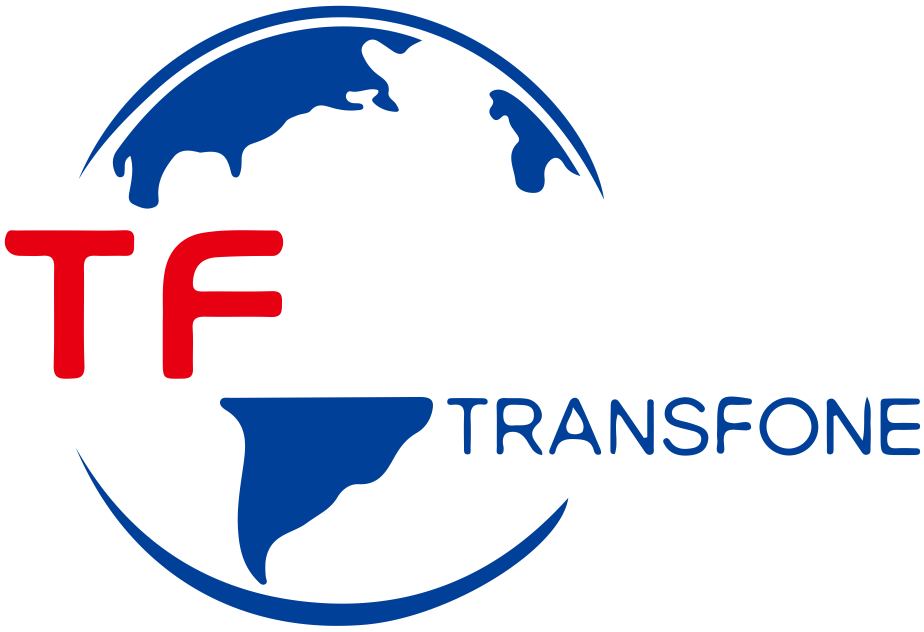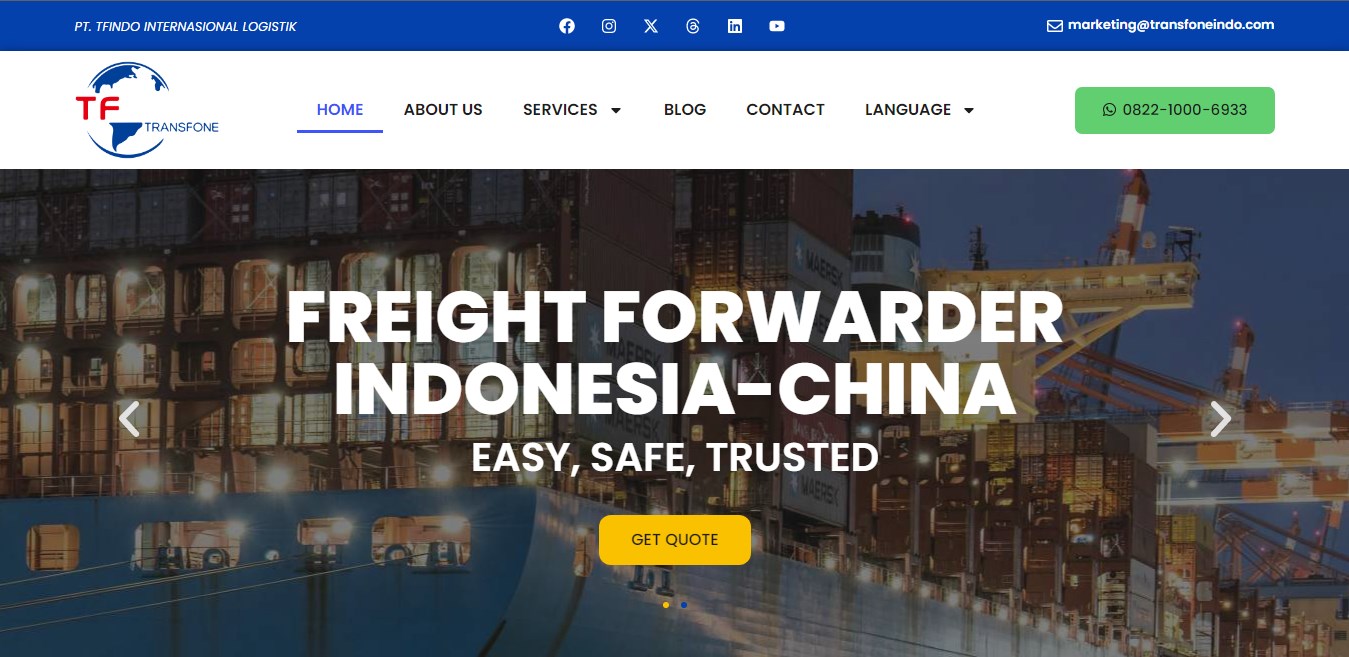SHANGHAI TRANSFONE INTERNATIONAL LOGISTICS Co.,Ltd
15th Floor, No. 200 Siping Road, Hongkou District, Shanghai.
QINGDAO BRANCH
ZC368, No.12, Laiwu Road, Shinan District, Qingdao, Shandong Province.
SHENZHEN BRANCH
1815-2, Pacific Trade Center, Luohu, Shenzhen.

